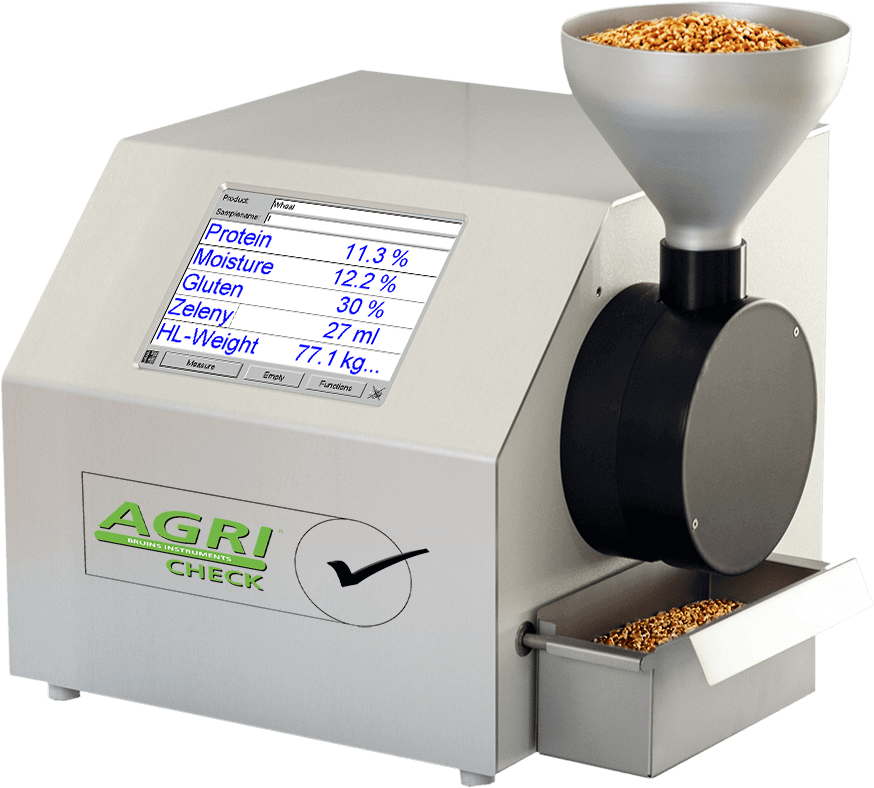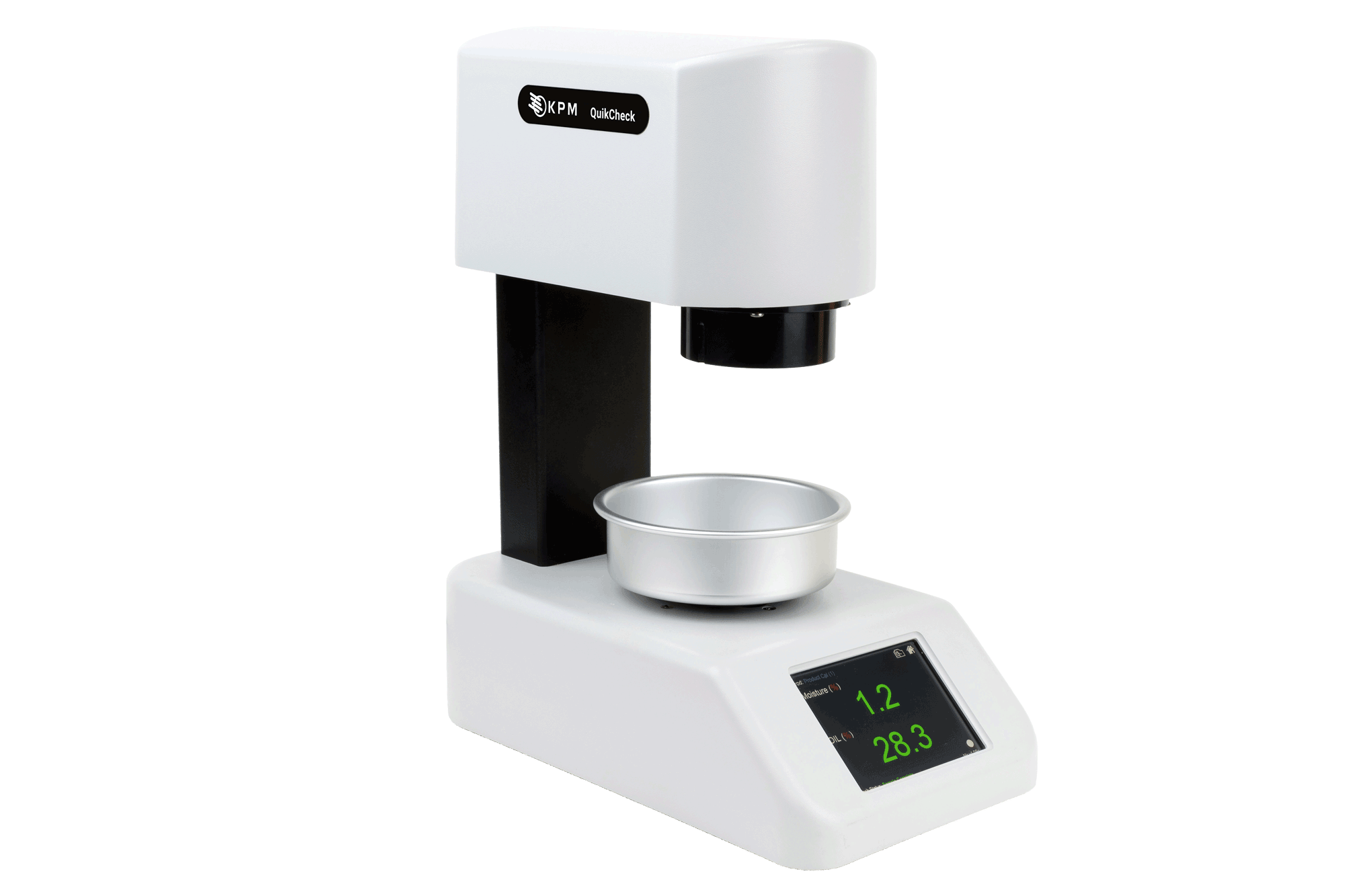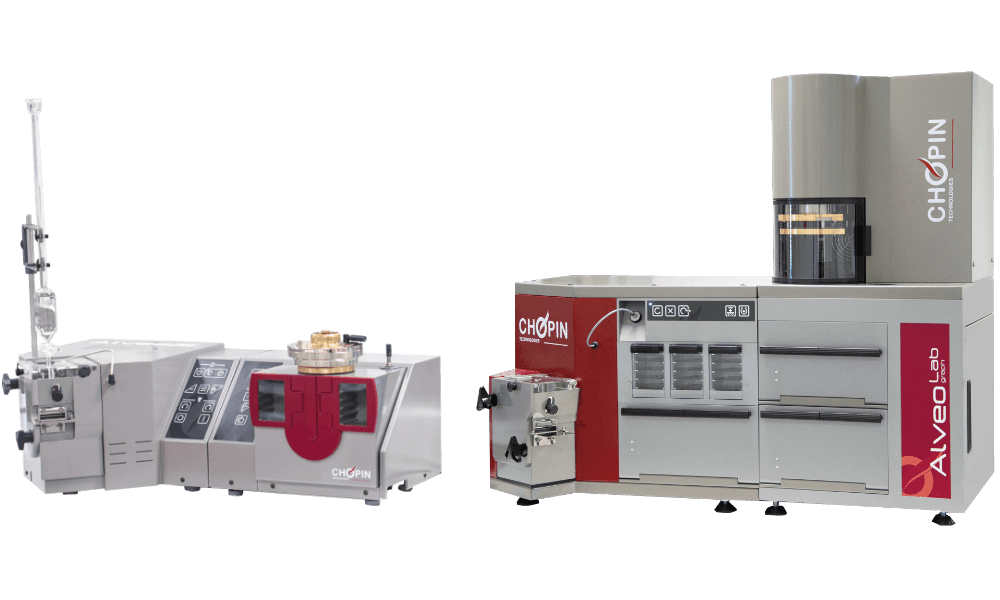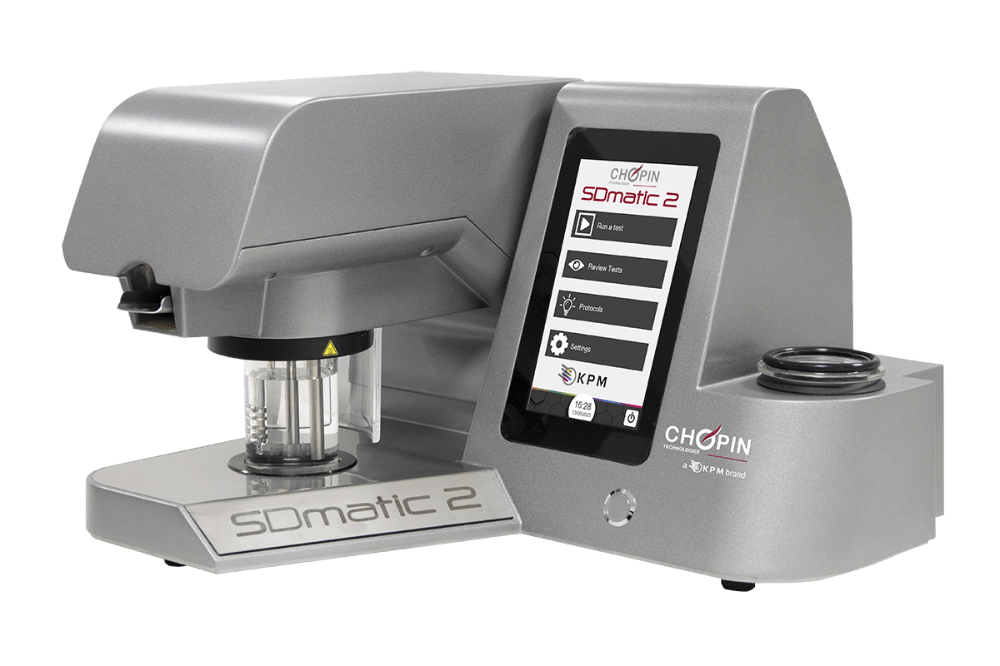Analysis of Tortilla & Flatbreads

Quality Control Solutions for Tortilla & Flatbread Producers
When it comes to tortillas and flat bread, quality is determined based on a few factors: the cell structure, opacity, pliability, appearance, texture and eating quality. KPM provides solutions to assist you achieve the highest quality standard from incoming ingredients to the finished goods that are packaged and sent to your customers.

NIR Analysis of Recipe Ingredients
Near-infrared (NIR) technologies can be used by bakers either in the QA lab or at-line to analyze a full spectrum of moisture and compositional characteristics of flours used to craft exceptional tortillas and flatbreads. Many trusted calibrations exist for a variety of flour types and dry yeast to help bakers control important parameters that can impact the quality of your product.
Ingredients Analyzed
Ingredients Analyzed
Corn Meal
Specification compliance, quality control, cost control, recipe development, brand protection
Moisture
Supplier's location, incoming ingredients, lab
All types
Fat/Oil
Specification compliance, quality control, cost control, recipe development, brand protection
Fat/oil
Supplier's location, incoming ingredients, lab, online
All types
Finished Product - Baked Goods
Specification compliance, quality control, cost control, recipe development, brand protection
Moisture
At-line, lab, Online
Flour
Specification compliance, quality control, cost control, recipe development, brand protection
Ash, gluten, moisture, starch, protein
Supplier's location, incoming ingredients, lab
Wheat flours, corn flour, spelt flour, buckwheat flour, rice flour, rye flour, gluten-free flours


Functional & Rheological Analysis of the Flour & Dough
Tools measuring the primary criteria affecting final Wheat Tortillas quality: water absorption of flours, quantity and quality of proteins, dough characteristics (extensibility, elasticity, flexibility, stickiness, appearance, roll-ability ...), starch properties (damage, retrogradation).
Water Absorption
Stickiness
This often occurs when starch damage levels are too high and the protein levels are too low. Sticky dough causes process machine problems when dividing and pressing tortillas. Measure starch with the SDmatic 2, and protein levels with the SpectraStar XT-F NIR Analyzer.
Dough Consistency
Extensibility
Extensibility is directly measured using the Alveolab or AlveoPC. During the deformation of the ball, it stretches to where it reaches its breaking point, mainly influenced by the quality of the protein network. This corresponds to the "L" or "G" value on the Alveograph. Read more about extensibility here.
Elasticity
It takes a certain level of elasticity for the dough to be machinable. If the elasticity is too low, the dough won’t hold shape; if it is too high, the dough will tend to retract, which impacts the appearance of the finished product. Elasticity is measured directly and exclusively with the Alveolab or AlveoPC. Read more about elasticity here.
Flexibility
Protein content has a direct effect on tortilla quality. The quality of the protein network and the extensibility/elasticity balance are analyzed with the Alveolab or AlveoPC. Flexibility is also positively influenced by the addition of amylases (analyzed using the Mixolab) and a low level of starch damage (determined using the SDmatic 2).
Appearance
Tortillas may show cracks when folded, mainly on low-protein flours, as well as pillowing/bubbling problems. For this issue, we check the protein levels of the flour using a Bench NIR analyzer; and the dough performance using the Alveolab or AlveoPC.
Retrogradation
After baking, the starch will tend to partially recrystallize. This phenomenon is called retrogradation and explains why the products become hard (stale). The beginning of retrogradation is very easily measured with the Mixolab. Damaged starch has the effect of reducing the speed of retrogradation, it is measured with the SDmatic 2.

Vision Inspection for Tortilla & Flatbread
Tortilla and flat bread manufacturers can produce a high volume of products in a shorter amount of time compared to bread products that require a longer proofing stage. To ensure that every piece of bread meets the quality standards, at-line and/or in-line vision inspection systems can be deployed to monitor critical quality parameters, such as shape and toast marks for example.
Product Types
- Corn Tortilla (plain and colored)
- Flour Tortilla (plain and colored)
- Flat Bread (round/oval, square/rectangular, plain and colored)
- Pita Bread

Defects Detection Capability
- Misshapen Products
- Edge Defects - e.g. bites, dents, straight edges, etc.
- Out of Spec - e.g. too small, too big, etc.
- Spots - topping color, coverage, distribution, voids
- Holes
- Toast Mark Defects - too few, voids, etc.

Additional Reading























